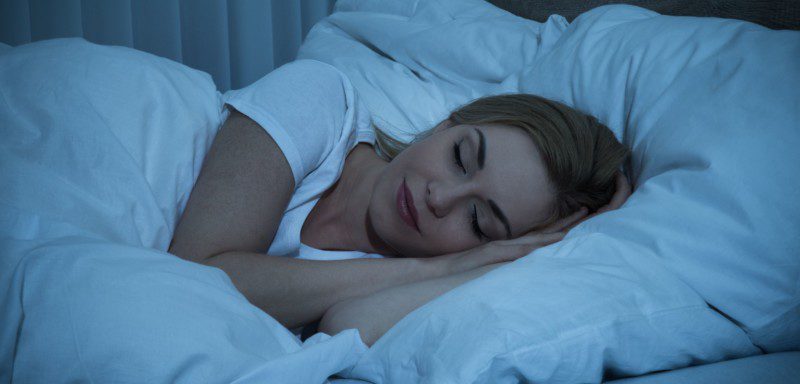Finding The Best Bed For Back Pain
Category: Back Pain | Author: Stefano Sinicropi

Considering we spend about a third of our lives sleeping, choosing a mattress is an important task. Unfortunately, many people get overwhelmed when trying to sift through all the available options. There are foam beds, coil and spring beds, water beds and mattresses. They are available in adjustable, firm, medium or soft. Picking out the right bed becomes even more problematic if you’re dealing with back pain. How do you know you’re picking out the best option for you and your spine?
Back Pain Research
Researchers at the Palmer Center for Chiropractic Research in Iowa set off to answer that question by examining the measurable differences in mattresses and how patients who slept on these beds felt about their back pain. They did this by analyzing two important factors in four different types of mattresses. The two factors they examined were:
- How well the mattress distributed weight by measuring maximum pressure distribution patterns.
- The degree of spinal distortion induced when volunteers lay in the side posture position.
All mattresses were studied using the same box spring to ensure consistency.
Spine Care While Sleeping
Interestingly, researchers discovered a paradoxical relationship between the two factors. As maximum pressure at the thoracic and pelvic regions decreased, distortion of the spine at the T1/T3 and T6/T8 levels increased.
“It appears that the two aims of a mattress, to exhibit low maximum pressures and little spinal distortion, may be at cross purposes,” researchers wrote. “Design features that minimize spinal distortion may maximize maximum pressure.”
A study out of Korea took the findings one step further. They found that individuals with back pain reported more comfort when their spinal curve on the mattress was similar to their spinal curve when standing, and they examined the range of pressure distribution, not the maximum force. Participants said they were more comfortable when this range was narrow. After assessing comfort, they put these factors to the test in a sleep quality study. Researchers uncovered that when participants slept on mattresses that were previously deemed comfortable, they reported better sleep efficiency, a higher percentage of deep sleep and fewer times waking up throughout the night.
This is a lot of information to sift through, but the takeaway point is to find a bed that’s comfortable to you, because if it’s comfortable, it probably has an ideal weight distribution and spinal cushioning for your body. There’s no one-size-fits-all answer for spine pain. Avoid overly soft, overly firm and especially avoid water beds if you have back pain, but try out a few and find what’s most comfortable to you. If your back is comfortable when you go to sleep it has a better chance of feeling better in the morning.